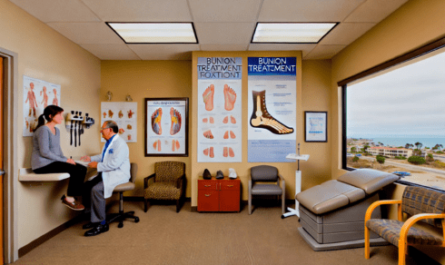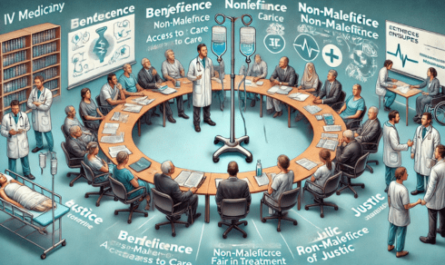Vascular surgeons are the unsung heroes in vein treatment. They lead the way in minimally invasive procedures that address issues like Kissimmee chronic venous insufficiency. These experts bring relief to many by using advanced techniques that minimize recovery time and maximize results. Let’s explore how they make a difference in vein health.
The Evolution of Vein Treatment
For centuries, vein treatment involved complex and invasive surgeries. These surgeries often came with long recovery times and significant discomfort. However, today’s vascular surgeons use minimally invasive techniques that revolutionize this field. With small incisions and precise methods, they manage to treat veins effectively and with much less disruption to daily life.
Key Techniques in Minimally Invasive Vein Treatment
Vascular surgeons use several minimally invasive techniques. Each one is tailored to treat specific vein issues. Here are three common methods:
- Endovenous Laser Therapy (EVLT): This uses laser energy to close off varicose veins. It is quick and usually done in a doctor’s office.
- Sclerotherapy: A solution is injected into the vein, causing it to collapse and fade away over time. It is ideal for smaller veins.
- Radiofrequency Ablation (RFA): This uses radiofrequency energy to heat and seal off faulty veins. It’s another effective office-based procedure.
Advantages of Minimally Invasive Procedures
These modern techniques offer several benefits:
- Reduced Recovery Time: Most patients return to normal activities within a day.
- Minimal Pain: There is less discomfort compared to traditional surgery.
- High Success Rates: These procedures have shown great effectiveness in treating vein issues.
For more detailed information on minimally invasive techniques, you can visit the National Heart, Lung, and Blood Institute’s page.
Comparing Treatment Options
When considering vein treatment, it’s helpful to compare the options available. The table below outlines some key features of common vein treatments:
| Treatment | Procedure Time | Recovery | Effectiveness |
| Endovenous Laser Therapy (EVLT) | 1-2 hours | 1-2 days | High |
| Sclerotherapy | 30-60 minutes | Immediate | High for small veins |
| Radiofrequency Ablation (RFA) | 1-2 hours | 1-2 days | High |
The Role of Vascular Surgeons
Vascular surgeons play a crucial role in diagnosing and treating vein conditions. Their expertise ensures that each patient receives the most appropriate care. They use detailed imaging and assessment to plan the best treatment approach. The goal is to alleviate symptoms and improve quality of life.
Future of Vein Treatment
The future of vein treatment looks promising. With ongoing research, new technologies continue to emerge. These advancements will likely bring even more refined and effective techniques. For instance, scientists are exploring bioengineering and nanotechnology to improve vein health. The National Institute of Biomedical Imaging and Bioengineering provides more insight into these exciting developments.
Conclusion
Vascular surgeons have transformed vein treatment with minimally invasive methods. These procedures offer quicker recovery, less pain, and high success rates. Their dedication to improving vein health is evident in the significant advancements seen in recent years. As pioneers in this field, they continue to lead us toward a future where vein issues are easier to manage and treat.



